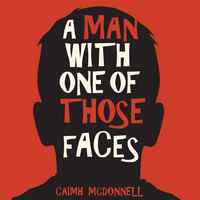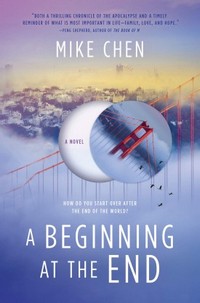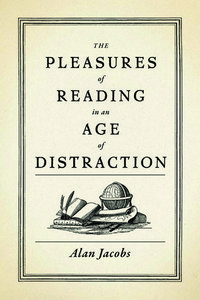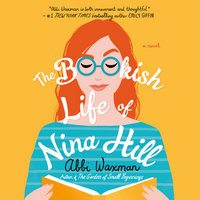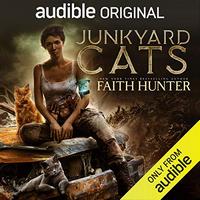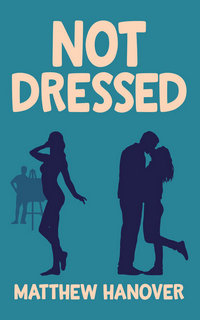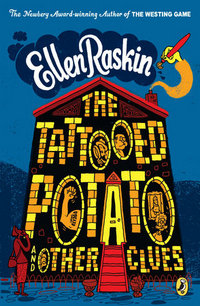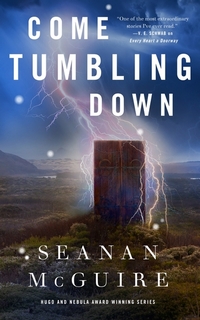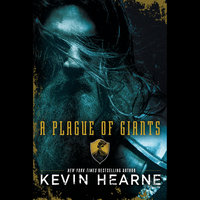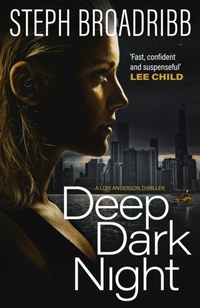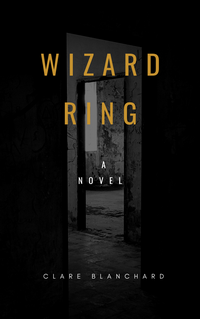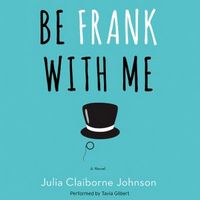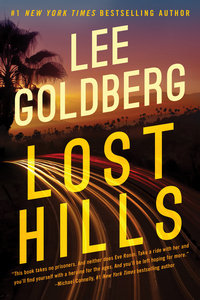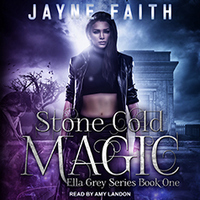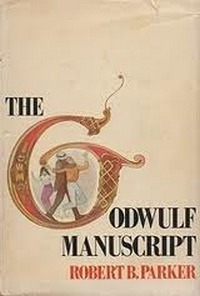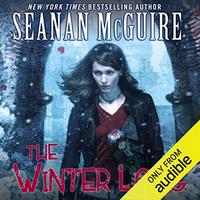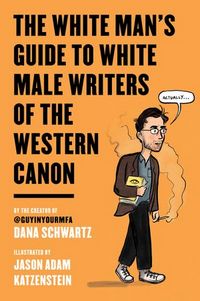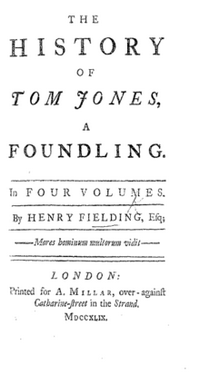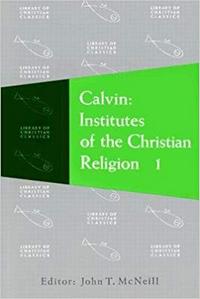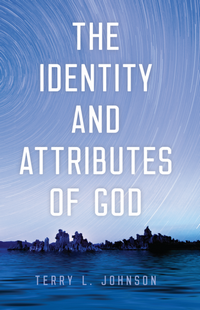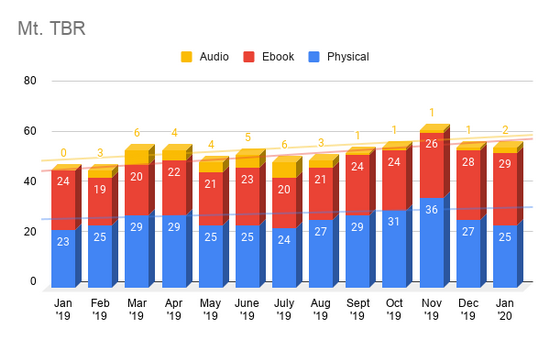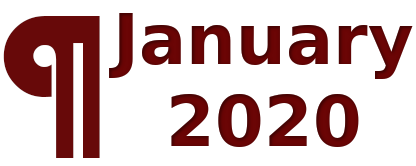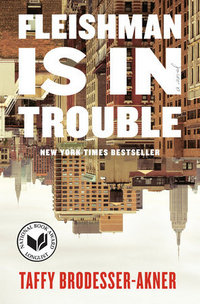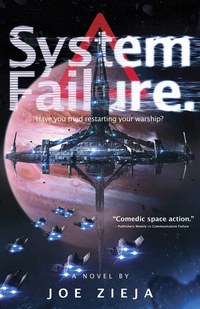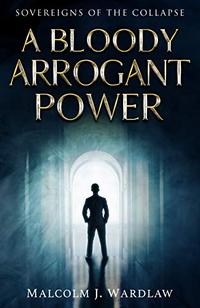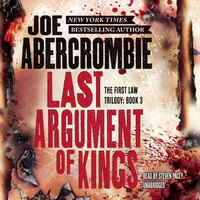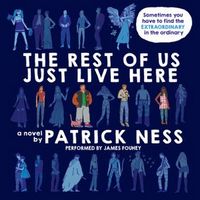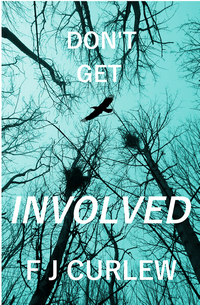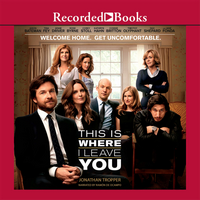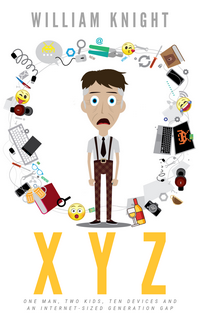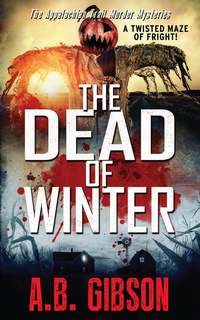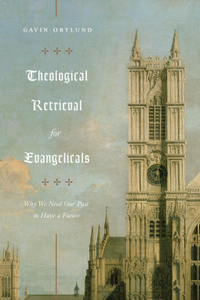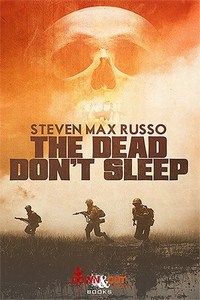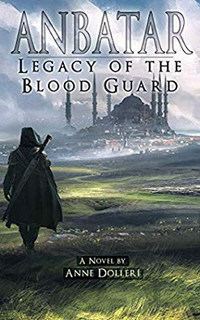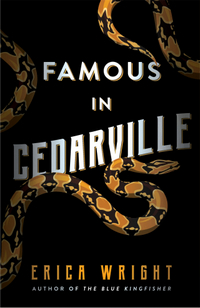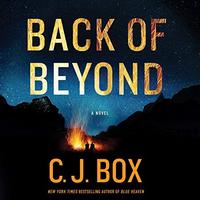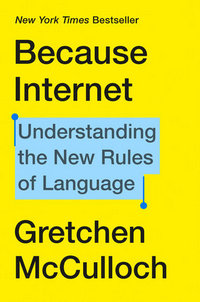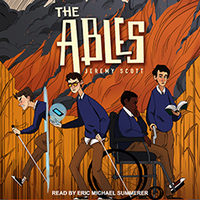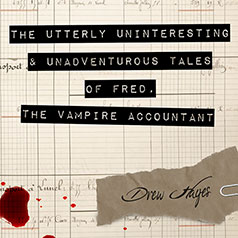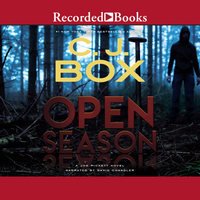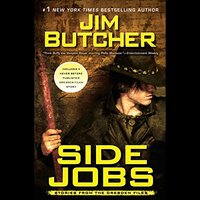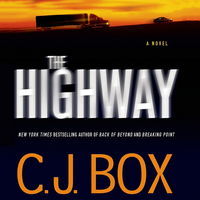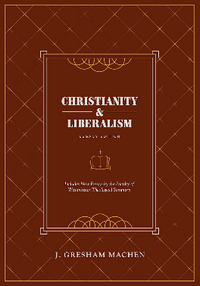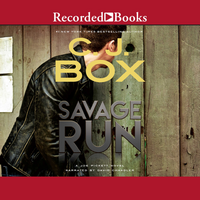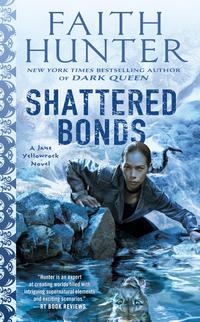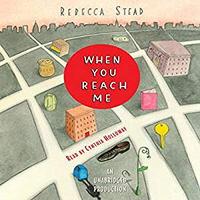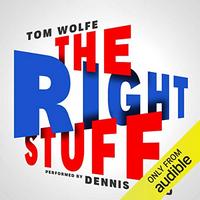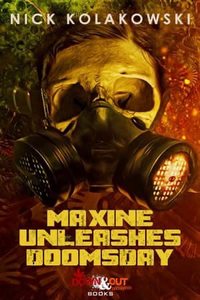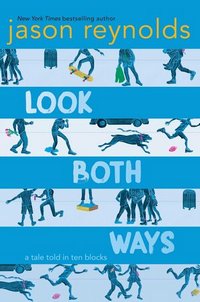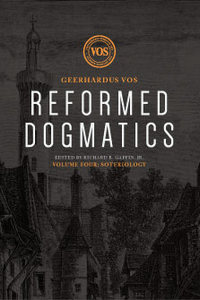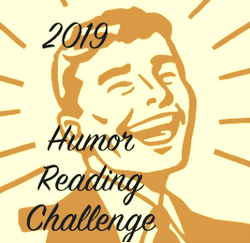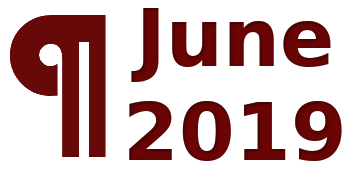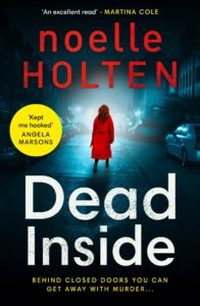I’m not sure I have much to say now that I didn’t say after I finished volume 1 back in June, but I figure I should give it a shot.
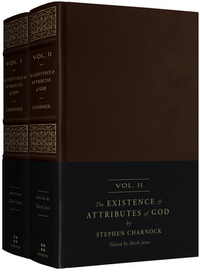 The Existence and Attributes of God: Updated and Unabridged
The Existence and Attributes of God: Updated and Unabridged
by Stephen Charnock, edited by Mark Jones
DETAILS: Publisher: Crossway Publication Date: October 18, 2022 Format: Hardcover Length: 1,615 pg. Read Date: January 1-December 31, 202323

What’s The Existence and Attributes of God?
Crossway has given the world a gift by publishing an unabridged edition of Charnock’s classic work on God’s attributes. Over 14 Discourses (that really could be published individually as books), Charnock describes some of God’s attributes. He starts with almost 100 pages on God’s existence—mostly drawing on the so-called “Classical” proofs, then he moves on to eleven attributes of God, with two bonus discourses on related practical matters.
The topics in the first volume were God’s Existence (and practical atheism), God’s Being a Spirit (and spiritual worship), God’s Eternity, Immutability, Omnipresence, and Knowledge. Volume Two covers His Wisdom, Power, Holiness, Goodness, Dominion, and Patience. No easy reading there (but the effort is more than worth it).
Some (but not all) of the language has been updated (there’ve been some footnotes added to help explain the bits that haven’t been), punctuation has been modernized, as have paragraph sizes (maybe sentence length, too). Jones cleaned up some of the section numbers and whatnot, too.
Jones has also provided footnotes showing more of Charnock’s citations than the original manuscripts did, demonstrating the wide range of sources he drew from. The nicest addition to this edition from Jones, however, (unless you’re a student or someone wanting to plunge deep into his citations) are the summaries of each discourse, helping the reader to know what they’re in for and what to keep an eye out for.
So, What Did I Think About The Existence and Attributes of God?
This is just a great work—it’s not the easiest read in the world, but it’s not that bad, either. Charnock’s on the accessible end of the Puritan spectrum. (Jones’ editorial work no doubt helped a bit with that).
I wasn’t crazy about the two practical discourses—Discourse 2: On Practical Atheism and Discourse 4: On Spiritual Worship. Which were offshoots of Discourse 1: On God’s Existence and Discourse 3: On God’s Being a Spirit. Not that there was anything wrong with them or that I didn’t benefit from the experience of reading them—I absolutely did. But they’re not what I came for, I was reading for explorations of God’s attributes and/or existence. Now, if each discourse had a practical follow-up, I wouldn’t be writing this paragraph. But these two outliers just seemed out of place.
Charnock does a fantastic job explaining these attributes. I’ve read a handful of works (largely shaped by him) in the last few years on these ideas—and I still learned something from each chapter, rather somethings.
Obviously, this isn’t a definitive, exhaustive work—it cannot be (and would be blasphemous to suggest otherwise). But when you’re in the middle of a chapter, it’d be easy to think it is. Not just because of the depth he goes into on each topic, but the angles he approaches it from. In the middle of the Discourse on God’s Knowledge, I was astounded, for example, by how many different ways he talked about it.
Now that I’m looking back over the whole first volume, the chapter on God’s eternity is the one that stands out as the high point. The discourses on God’s Wisdom and Goodness were the standouts for me in Volume Two. But they’re all beneficial (although the practical discourses, and the final one, “On God’s Patience” didn’t seem to pack the same punch as the rest) both in terms of didactic and doxological value.
It’s easy to see why this work has stood the test of time and can’t imagine anything in the 21st Century topping it (maybe someone will get their act together in the 22nd). Most highly recommended.

This post contains an affiliate link. If you purchase from it, I will get a small commission at no additional cost to you. As always, the opinions expressed are my own.
![]()



